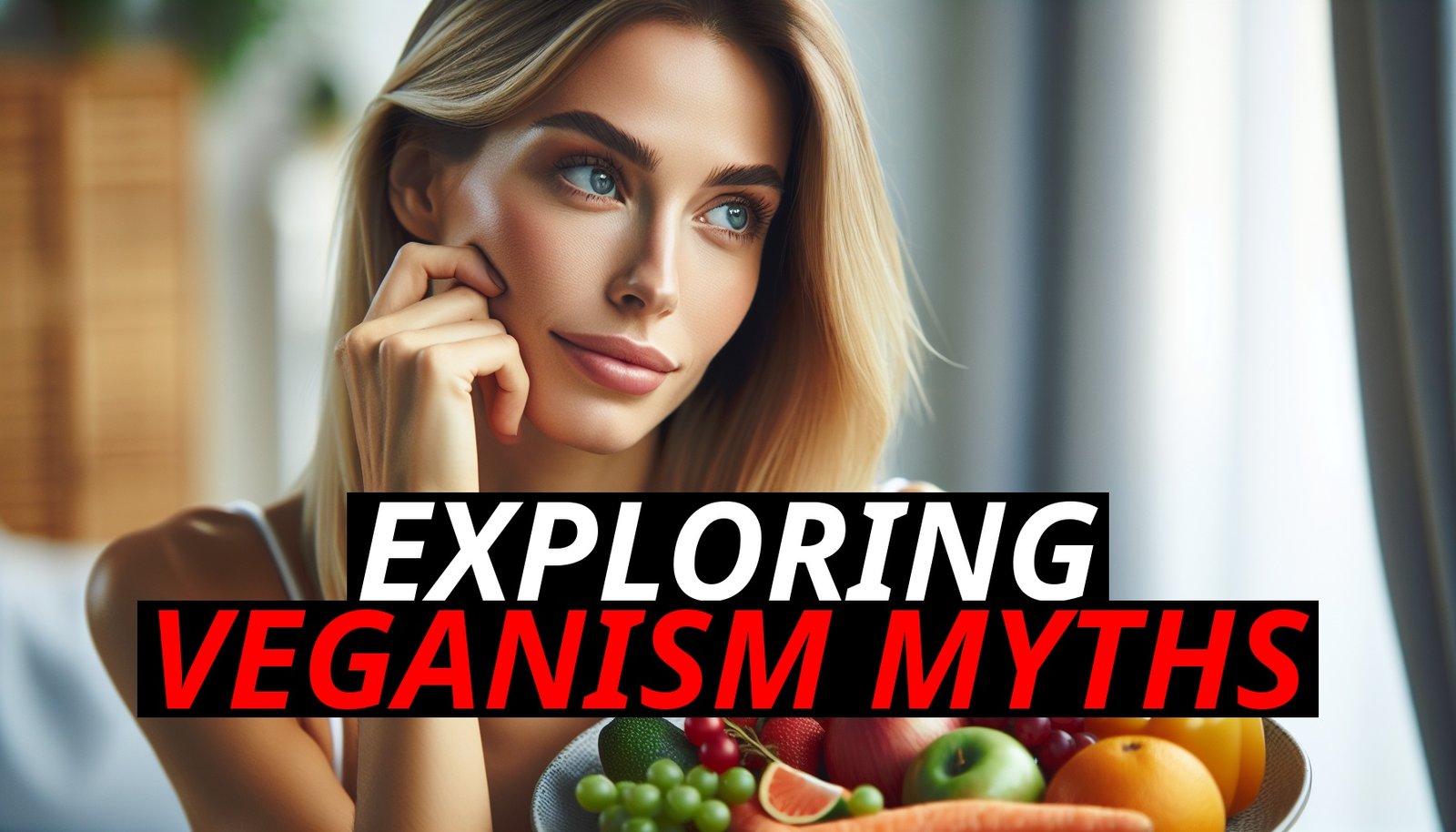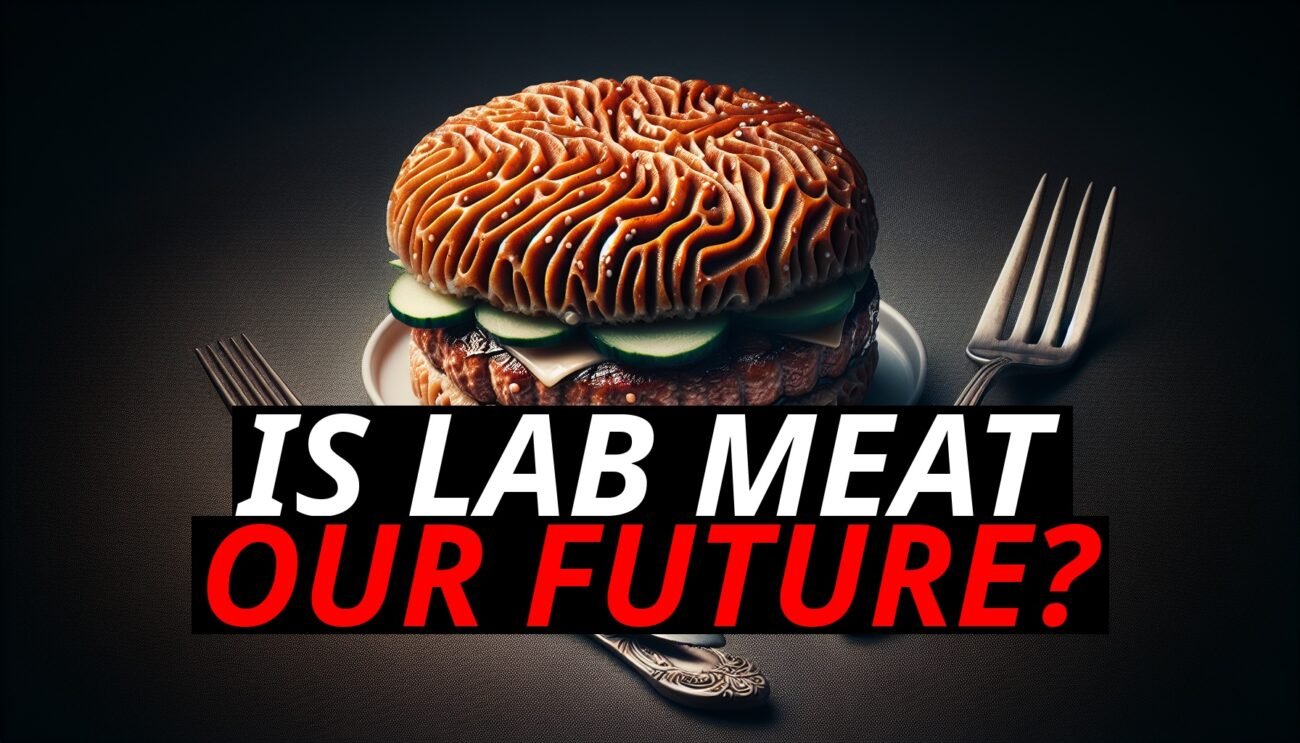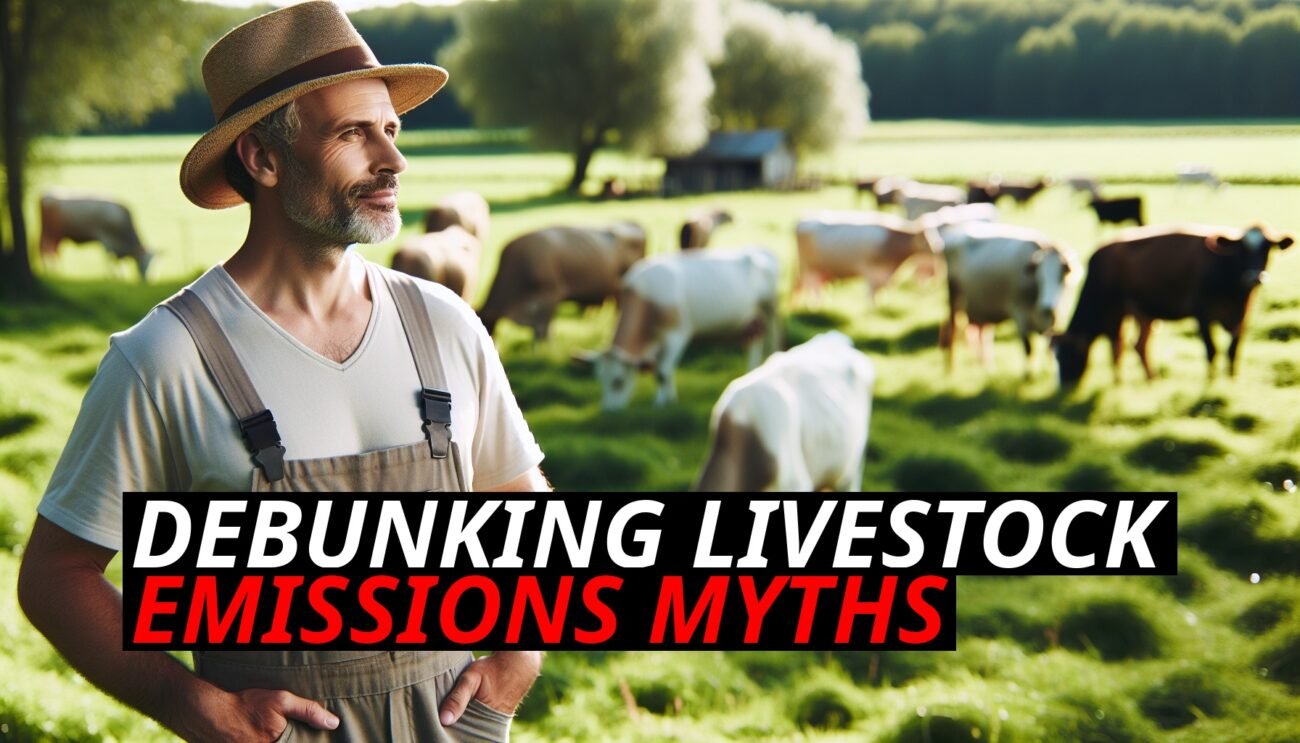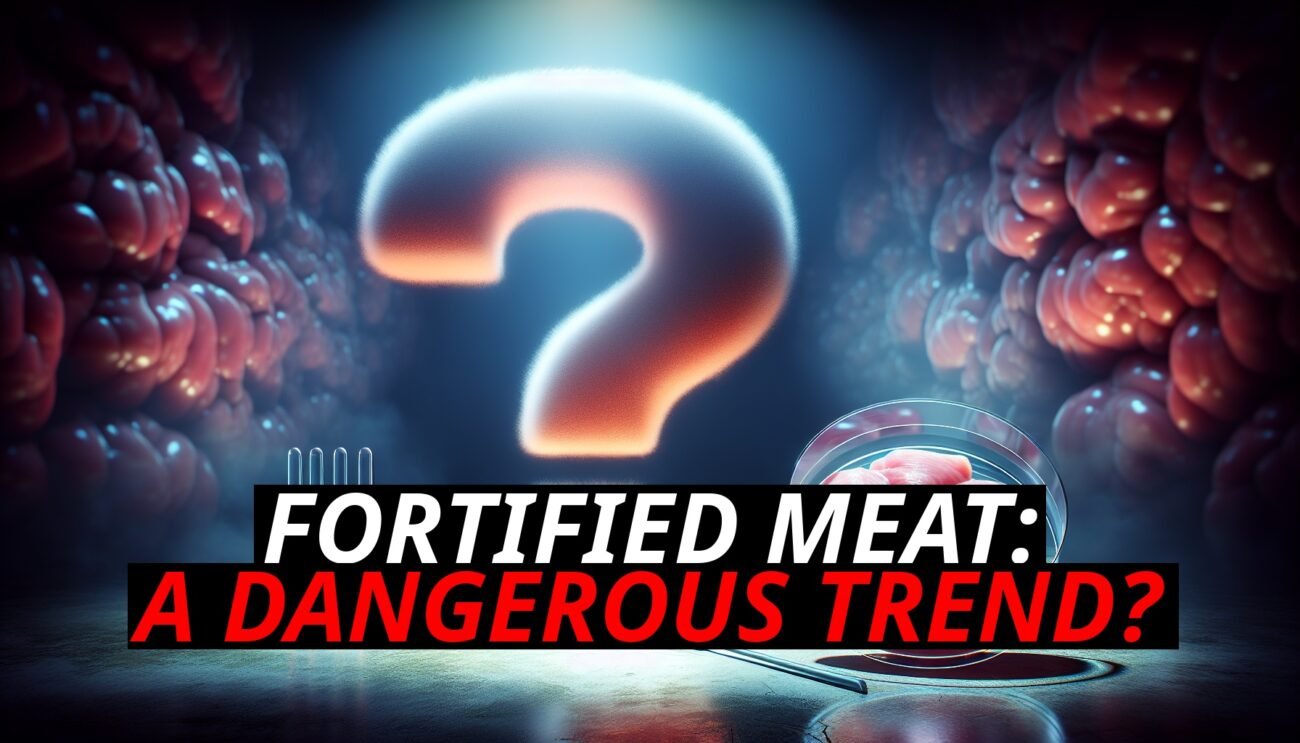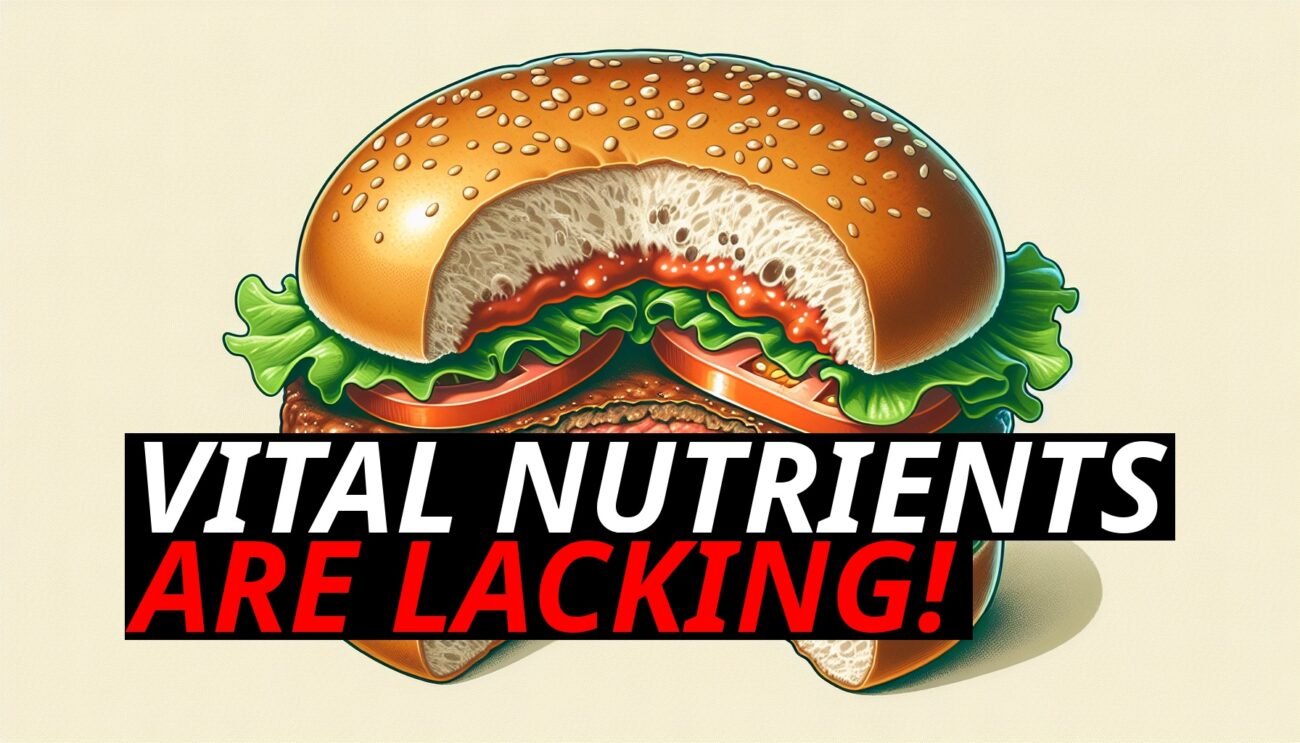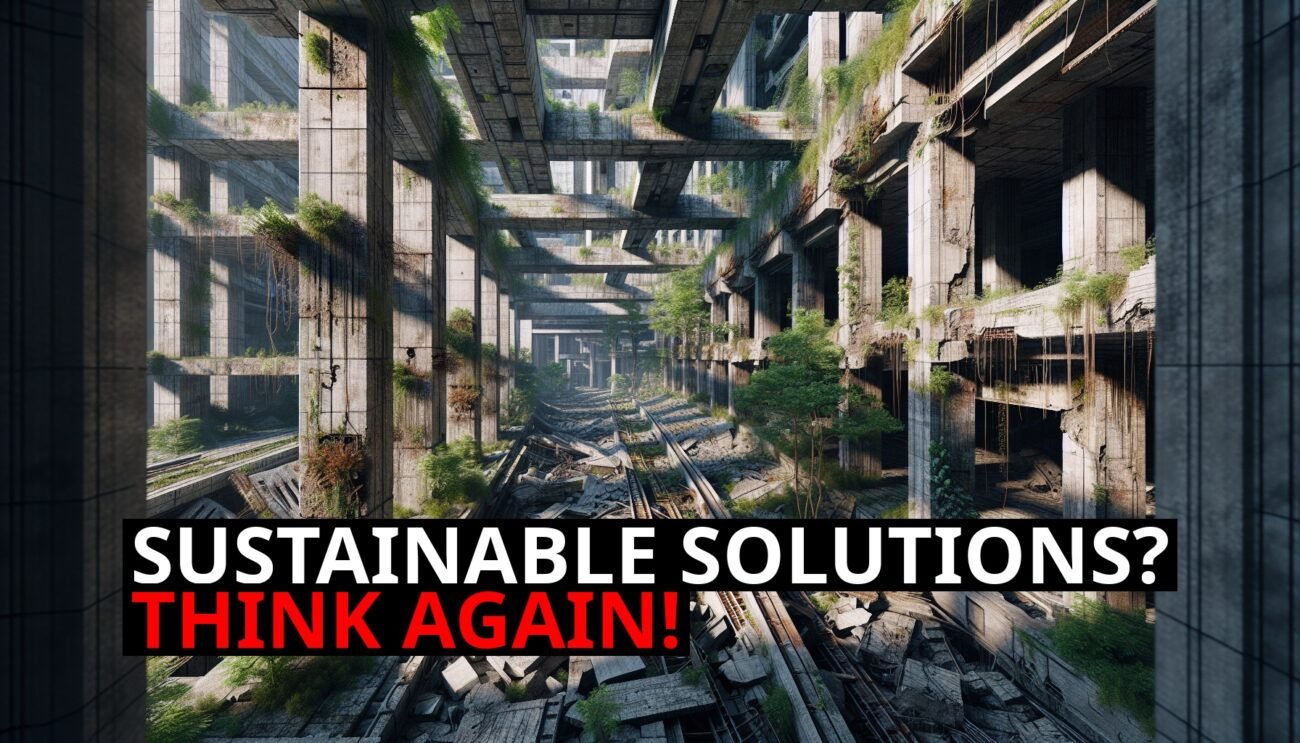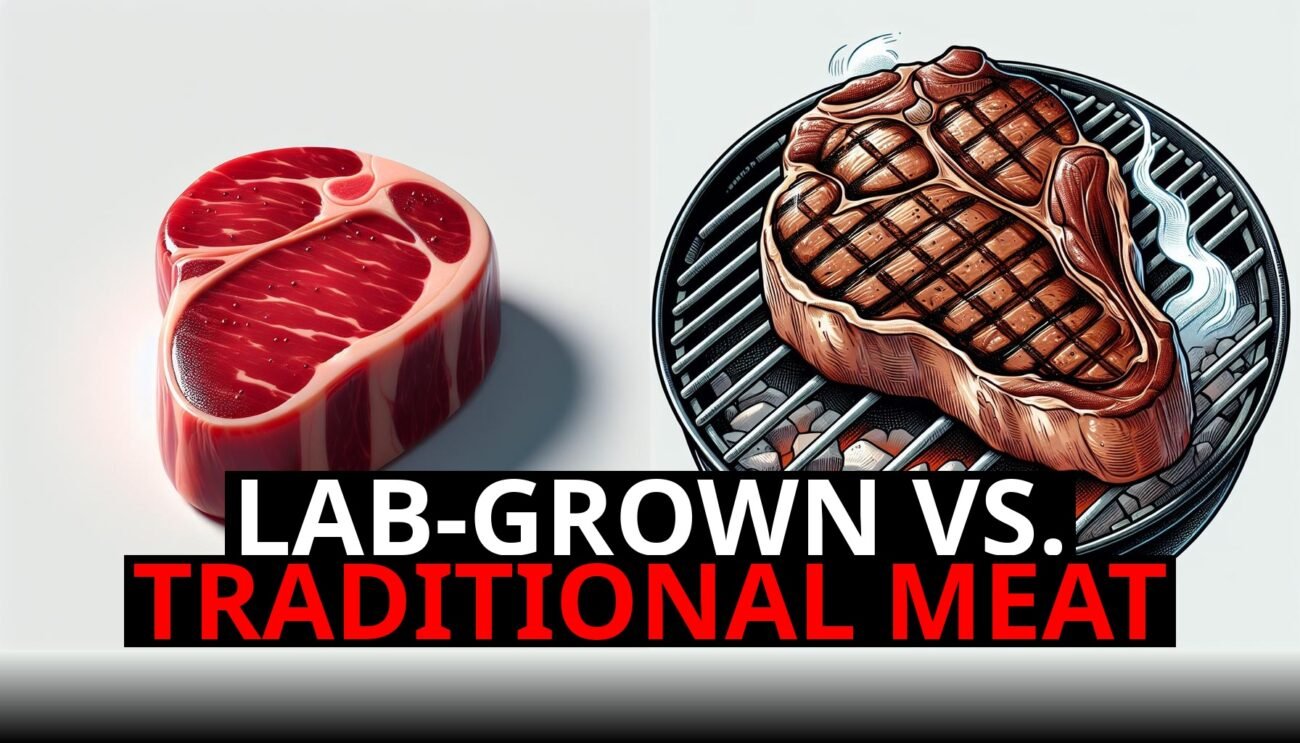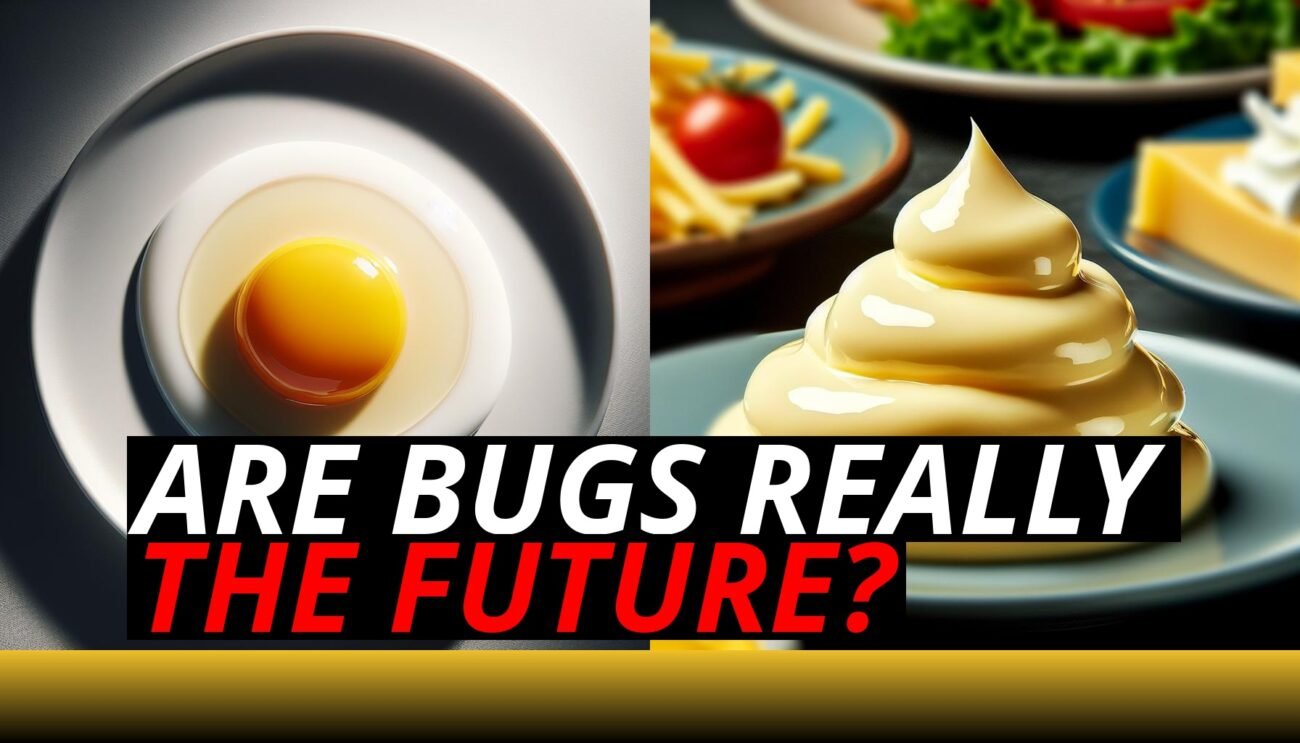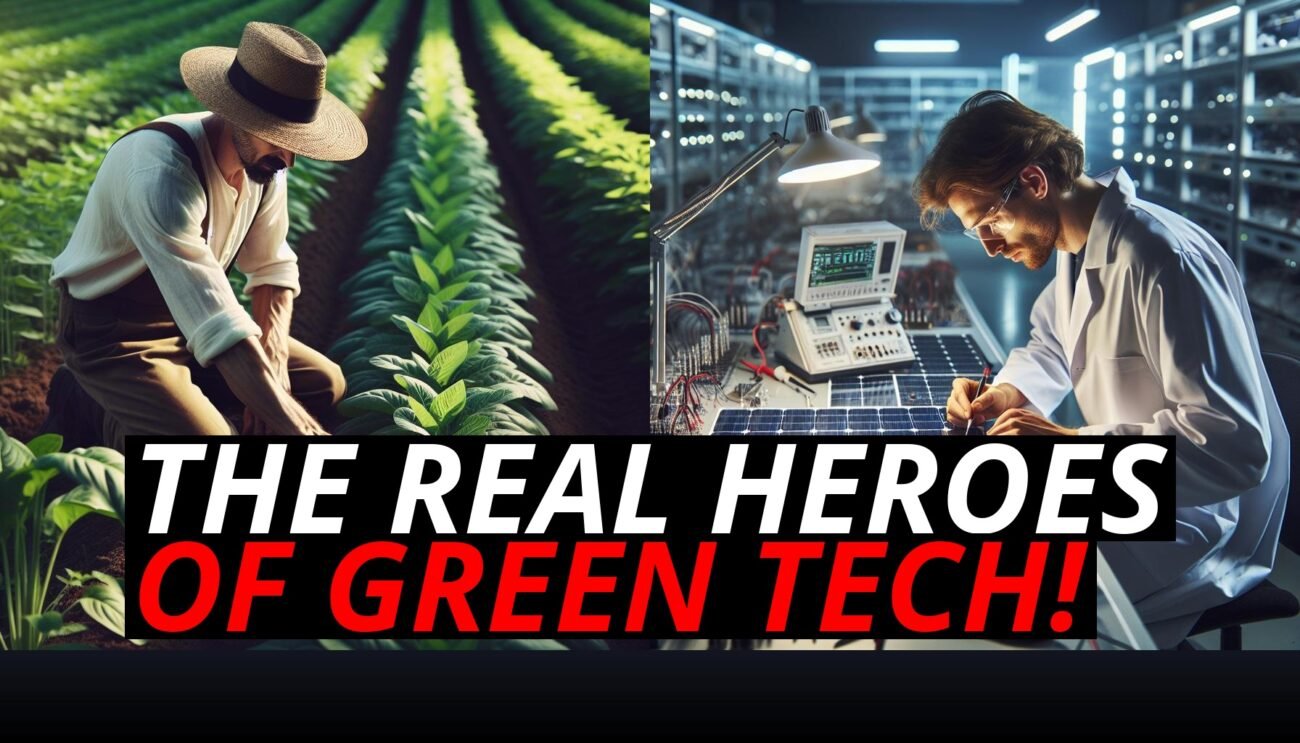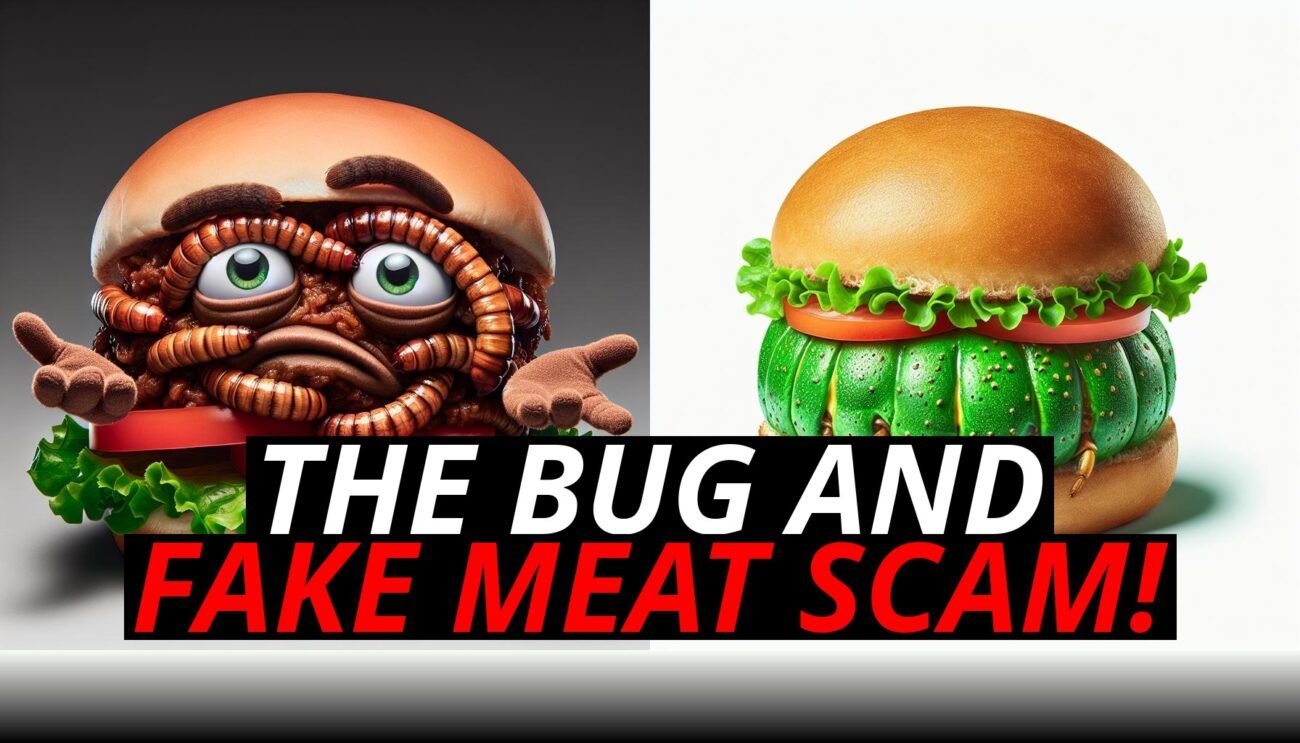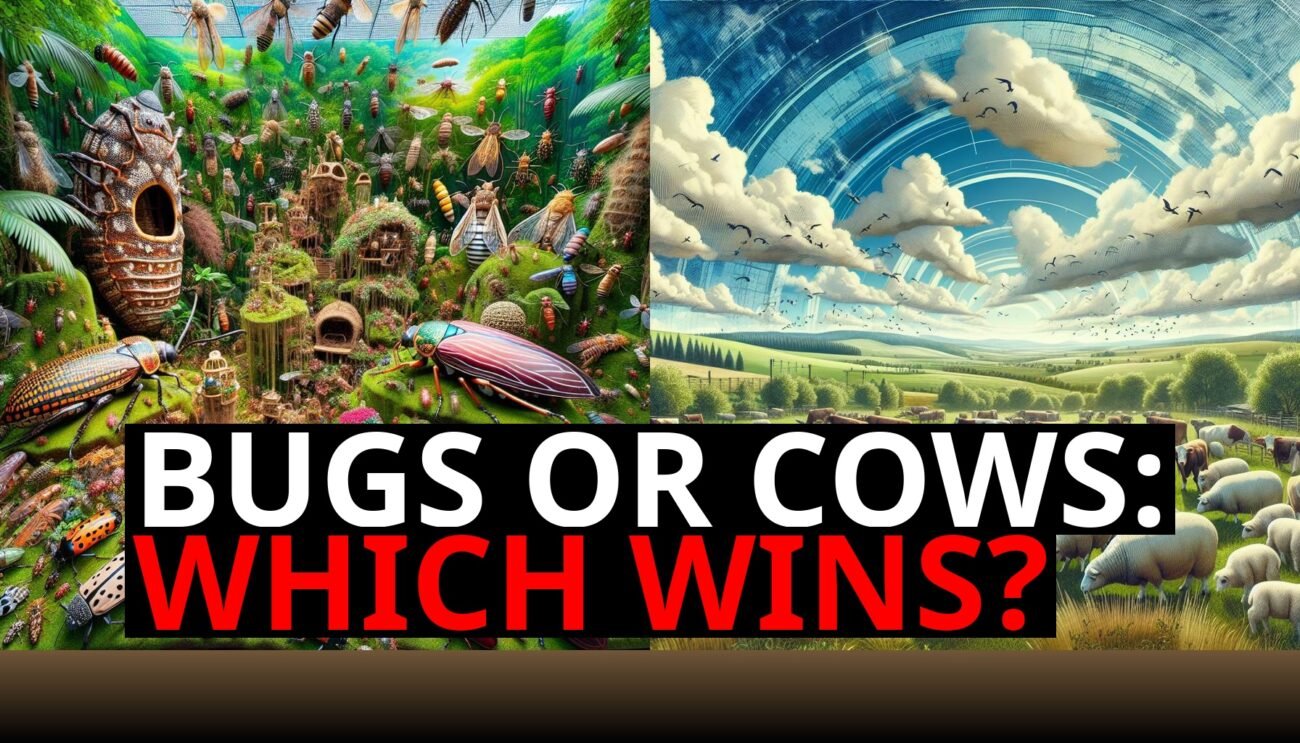We’ve all heard it: switching to a vegan diet will save the planet, improve your health, and end animal cruelty. The message is clear and widespread, but what if the truth is more complicated? While veganism has been marketed as the ethical and sustainable choice, a closer look reveals some major myths surrounding its environmental and health benefits. So, why isn’t veganism the silver bullet solution it claims to be? Let’s take a critical look at why veganism might not be the answer after all.
The Environmental Myth: Is Veganism Really More Sustainable?
One of the strongest arguments in favor of veganism is that it’s better for the environment. We often hear that plant-based diets require less land, water, and energy than meat-based ones. But what’s frequently left out of this narrative is the significant environmental impact of monocropping, a common practice used to grow the vast fields of soy, corn, and wheat that form the backbone of many vegan diets.
Monocropping—the practice of planting large areas with a single crop—leads to soil degradation, loss of biodiversity, and reliance on synthetic fertilizers and pesticides. These farming practices strip the land of its natural nutrients and create a fragile ecosystem that’s more vulnerable to pests and disease, leading to even heavier chemical use. The result? Damaged soils, polluted water systems, and diminished biodiversity.
Moreover, many plant-based foods, especially those used in processed vegan products, are transported over long distances, increasing their carbon footprint. Foods like quinoa, soy, and avocados are often imported from other countries, adding fuel to the argument that a global plant-based food system may not be as eco-friendly as it sounds.
On the other hand, regenerative agriculture, which involves livestock grazing on rotational pastures, has been shown to help restore ecosystems, improve soil health, and even sequester carbon in the ground. Animals are part of a natural system that can enhance biodiversity and reduce the need for synthetic fertilizers and pesticides. When compared to industrial-scale monocropping, sustainable livestock farming might actually offer a better solution for the planet.
Health Myths: Is A Vegan Diet Really Optimal For Everyone?
Another widely held belief is that a vegan diet is the healthiest choice for everyone. Proponents argue that eliminating meat and animal products can reduce the risk of heart disease, diabetes, and cancer. While there are benefits to eating more fruits and vegetables, the reality is that vegan diets come with their own set of challenges, especially when it comes to getting all the necessary nutrients.
Nutrient deficiencies are a common problem among long-term vegans, particularly in essential nutrients like vitamin B12, iron, omega-3 fatty acids, and zinc. These nutrients are far more abundant and easily absorbed from animal products. For example, while iron can be found in spinach or lentils, the non-heme iron in plants is much less bioavailable than the heme iron found in red meat. Similarly, omega-3 fatty acids in their most usable forms (EPA and DHA) are found in fish, while plant-based omega-3s require a conversion process that is inefficient in the human body.
Vitamin B12, crucial for brain function and red blood cell production, is almost impossible to get from plants. Many vegans must rely on supplements to avoid deficiency. But the question arises: if a diet requires extensive supplementation to meet basic nutritional needs, can it truly be considered the healthiest or most natural option?
For some people, particularly those with higher nutrient needs or chronic health conditions, a vegan diet may not provide adequate nutrition, leading to fatigue, cognitive issues, or digestive problems. In contrast, whole animal products provide a complete package of bioavailable nutrients, which is why some ex-vegans turn to animal-based diets to restore their health.
The Protein Problem: Quality Over Quantity
One of the biggest challenges in a vegan diet is ensuring adequate protein intake, especially when it comes to complete proteins—those that contain all nine essential amino acids. Animal products like meat, eggs, and dairy naturally provide complete proteins, while most plant-based sources lack one or more essential amino acids.
Vegan protein sources like beans, lentils, and quinoa can certainly provide some protein, but they come with a catch: they often contain anti-nutrients such as phytates and lectins, which can block the absorption of minerals and irritate the gut. Additionally, many plant-based proteins are incomplete, meaning vegans need to combine different protein sources throughout the day to ensure they’re getting the full spectrum of amino acids. This can make vegan meal planning more complex and less straightforward than it appears.
In contrast, animal proteins are complete, highly bioavailable, and come with beneficial fats that are essential for the absorption of fat-soluble vitamins like A, D, E, and K. The superior nutrient profile of animal products is a big reason why some people feel their energy, strength, and mental clarity improve when they switch from veganism to a diet that includes meat and dairy.
The Ethics Debate: What About Crop Farming?
Many people turn to veganism for ethical reasons, hoping to reduce animal suffering. But the ethical argument for plant-based diets often overlooks the harm caused by industrial crop farming. Large-scale crop production involves the use of heavy machinery that destroys habitats and kills countless small animals, such as rabbits, birds, and insects. Additionally, the use of pesticides and herbicides further disrupts ecosystems and harms wildlife.
The ethical implications of monocropping—which is needed to grow crops like soy, wheat, and corn—are rarely discussed in vegan circles, even though the impact on biodiversity and wildlife can be significant. On the other hand, regenerative livestock farming can be part of a more ethical and sustainable solution, where animals play a role in maintaining healthy ecosystems and biodiversity.
Many advocates of regenerative agriculture argue that raising animals in a way that mimics natural ecosystems not only provides humane treatment for livestock but also helps restore the land. When animals are allowed to graze and roam, they help regenerate the soil, which benefits both the environment and future generations of farmers.
Veganism And Processed Foods: Is This Really “Healthy”?
One of the most ironic aspects of the rise of veganism is the explosion of processed vegan foods that have hit the market in recent years. From plant-based burgers to vegan cheese and meat substitutes, many of these products are packed with additives, preservatives, and highly processed ingredients designed to mimic the taste and texture of animal products.
While these foods are marketed as “healthier” alternatives, they often contain refined oils, starches, and sugars—far from the whole-food, plant-based ideal. The reliance on processed foods in a vegan diet can lead to other health issues, including inflammation, blood sugar imbalances, and weight gain.
For those looking for real, nutrient-dense foods, a diet based on whole animal products offers a more natural and sustainable option. From grass-fed beef to pasture-raised eggs, these foods come with minimal processing and provide the nutrients our bodies need to thrive without relying on synthetic ingredients.
Conclusion: A More Nuanced Approach To Sustainability And Health
While veganism may work for some people in the short term, the environmental, health, and ethical claims often associated with the diet don’t tell the full story. From the environmental damage caused by monocropping to the nutritional challenges of plant-based diets, it’s clear that veganism is not the universal solution it’s made out to be.
Instead of viewing food choices as a simple binary between plant-based and animal-based, we need a more nuanced approach that takes into account the full impact of food production, nutrition, and ethics. For many, a return to whole, minimally processed animal products, produced through sustainable farming practices, offers a healthier and more environmentally friendly way to eat.
Ultimately, the goal should be to choose foods that are both nutrient-dense and sustainably produced, whether they come from plants or animals. By focusing on the quality of the food we eat and how it’s produced, we can support our health and the planet in a way that’s more balanced and realistic.

